This year isn’t the best time to buy a house in Canada. According to the Canadian Real Estate Association (CREA), the average house price in January 2019 was $454,776, down 5.5 per cent from the average in January 2018. However, it’s not all bad news. There are still some places where housing prices have increased in the last 12 months. So for those wondering where to buy a house in Canada in 2019, we have you covered. Using the latest CREA statistics for the major real estate markets in the country, we’ve ranked the top 20 places to buy a home in reverse order based on the increase in property values in the last year.
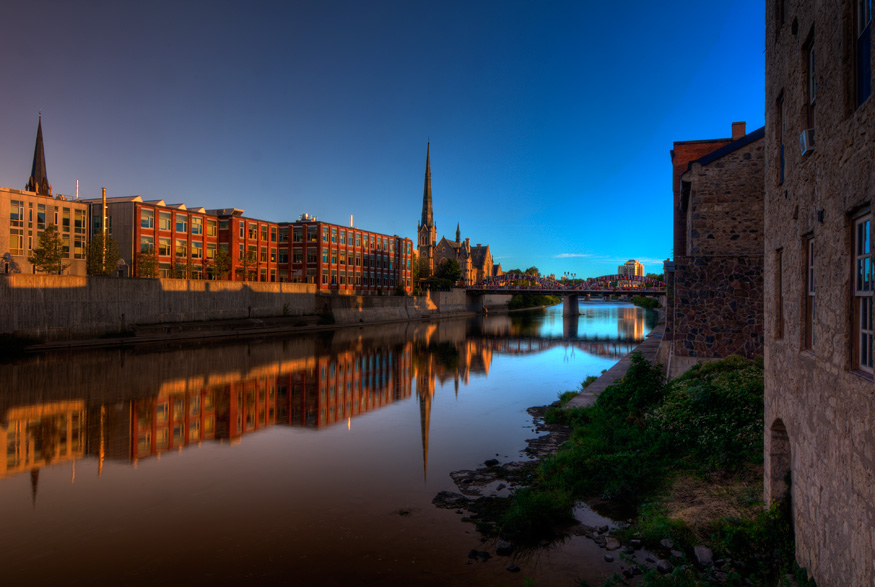
20. Cambridge, ON
In Cambridge, ON, the average property price in January 2019 was $470,891, up 4.1 per cent from January 2018. This historic and beautiful city is a popular filming location, but it’s also a centre for manufacturing. Among the biggest employers in Cambridge are Toyota Motor Manufacturing Canada, Frito-Lay Canada and Loblaws.
Related: These Are the Houses You Can Get on a $300,000 Budget Across Canada
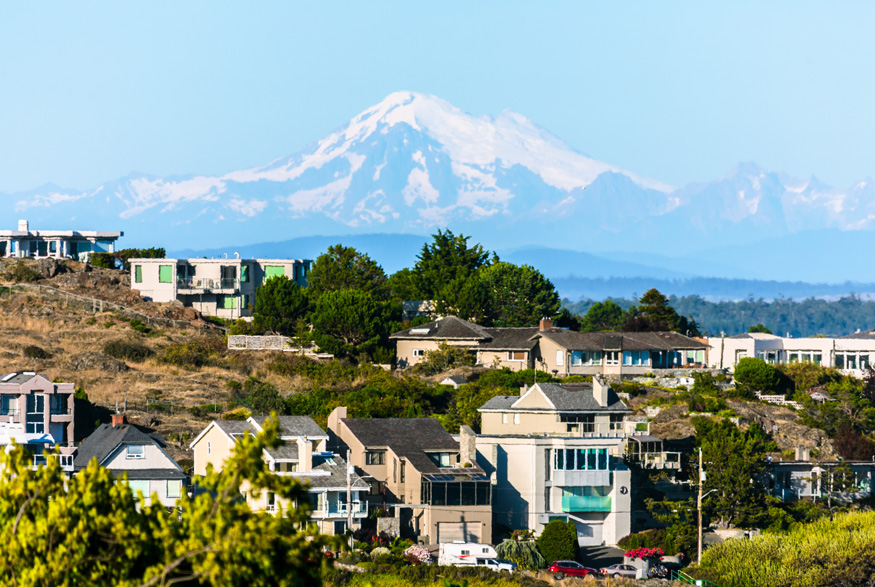
19. Victoria, BC
Of course Victoria, BC is home to some very expensive real estate, like this luxury condo. However, according to CREA, the Multiple Listings Service Home Price Index, or MLS HPI benchmark price for property in Victoria was listed at $680,200 in January 2019. That was an increase of 4.2 per cent from the price in January 2018. Victoria is known for its great weather, gorgeous Victorian architecture and high quality of life. The service industry, especially retail and tourism, are major employers. Victoria is also an especially popular city for retirees.
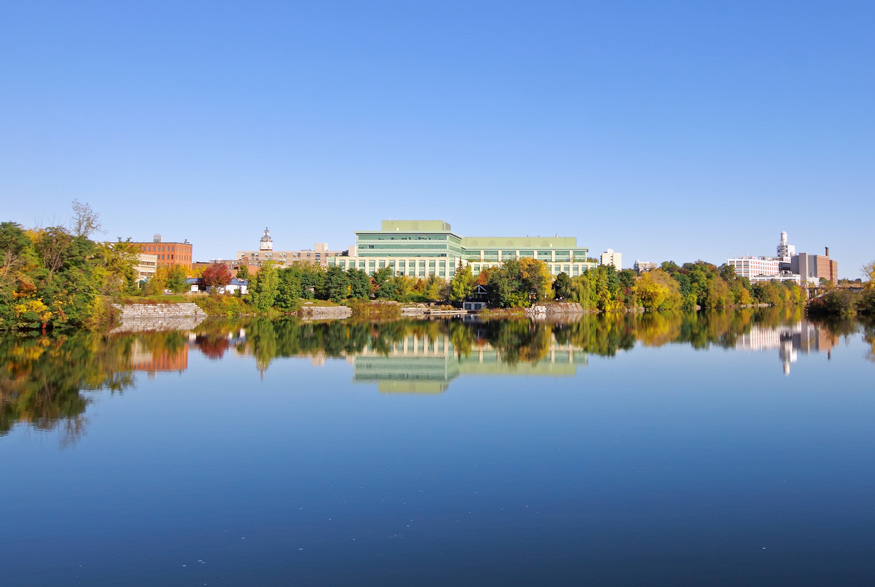
18. Peterborough and the Kawarthas, ON
Last year, Peterborough and the Kawarthas in Ontario was one of the best places to buy a house in Canada. It’s still a good choice, with an average property price of $410,707 in January 2019, up 4.5 per cent from January 2018. Peterborough was traditionally known as a centre for manufacturing. These days, however, its status as the gateway to the cottage country of the Kawarthas means that the service industry, especially tourism, is the main employer in the area.
Related: 10 Things You Should Know Before Buying Your First Cottage
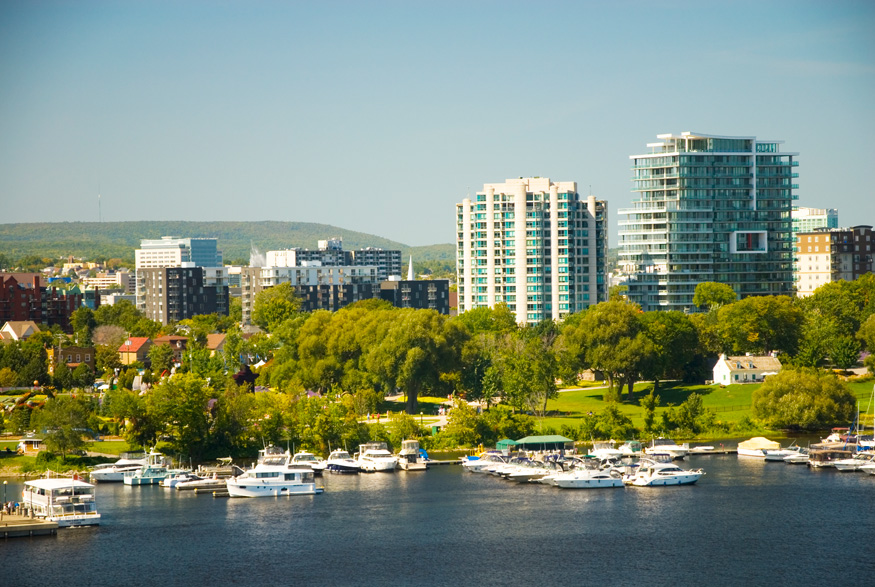
17. Gatineau, QC
Gatineau, QC is a great choice for government workers who want to pay lower prices for housing in the National Capital Region. The average property price here in January 2019 was a very affordable $261,748, up 4.7 per cent from January 2018. It’s not only government employees who live and work in Gatineau, though: the city has a growing reputation for tech industries and is home to the main campus of the Université de Québec en Outaouais.
Related: 7 Questions You Need to Ask Your Real Estate Agent Before Selling
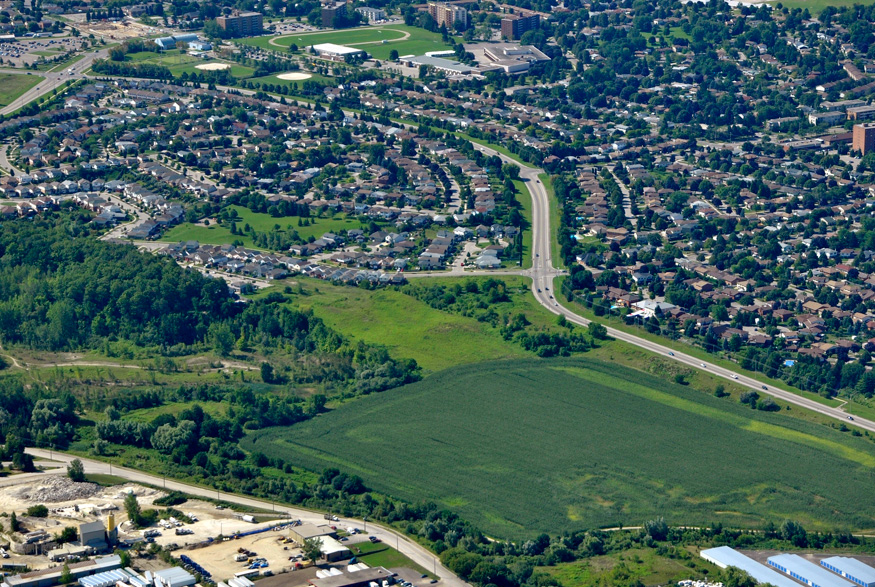
16. Kitchener–Waterloo, ON
The Kitchener–Waterloo area is one of the fastest growing regions in southwestern Ontario and its housing market reflects this. In January 2019, the average property price here was $485,408, up 4.9 per cent from January 2018. The University of Waterloo, Wilfrid Laurier University and Conestoga College are all located here. The area is a renowned tech hub too, with companies like BlackBerry, Kik and Maplesoft some of the main tech employers.
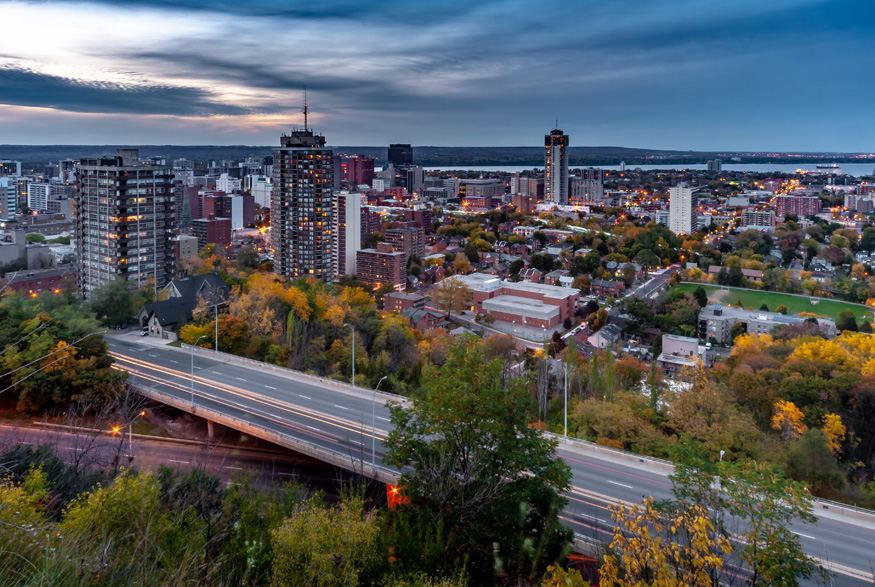
15. Hamilton–Burlington, ON
Unless you want to buy one of the biggest, most expensive houses in Hamilton, you can buy property for a reasonable price. The MLS HPI benchmark price for property in the Hamilton–Burlington area was $582,300 in January 2019, up 5.0 per cent from January 2018. The economy here is very diverse and the area’s proximity to Toronto means there are even more options for work.
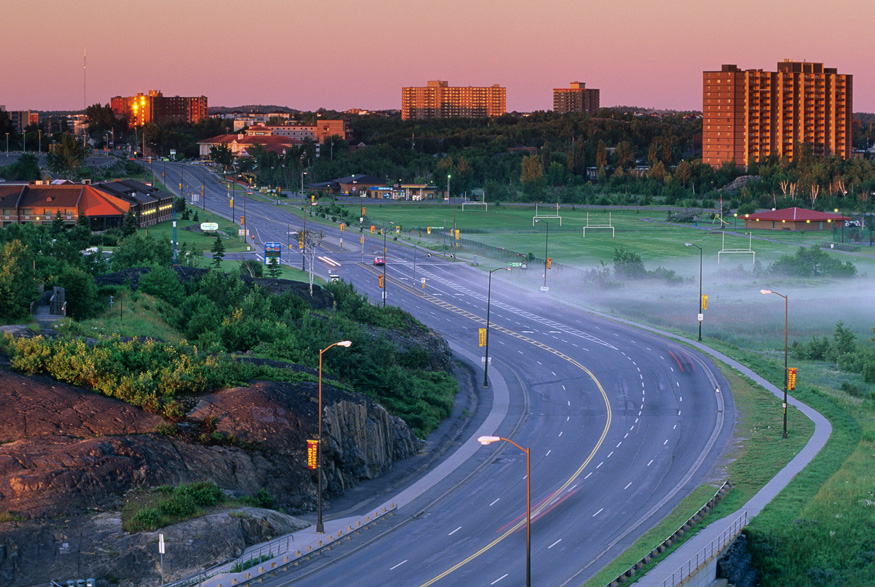
14. Sudbury, ON
With the many lakes in the area, Sudbury, ON is a great candidate if you’re looking for a good recreational property investment. The average price here was a mere $232,199 in January 2019, up 5.7 per cent from January 2018. The city is home to an emerging film and TV production scene while education, government and health services are major employers too. The biggest employer in Sudbury, however, is mining company Vale.
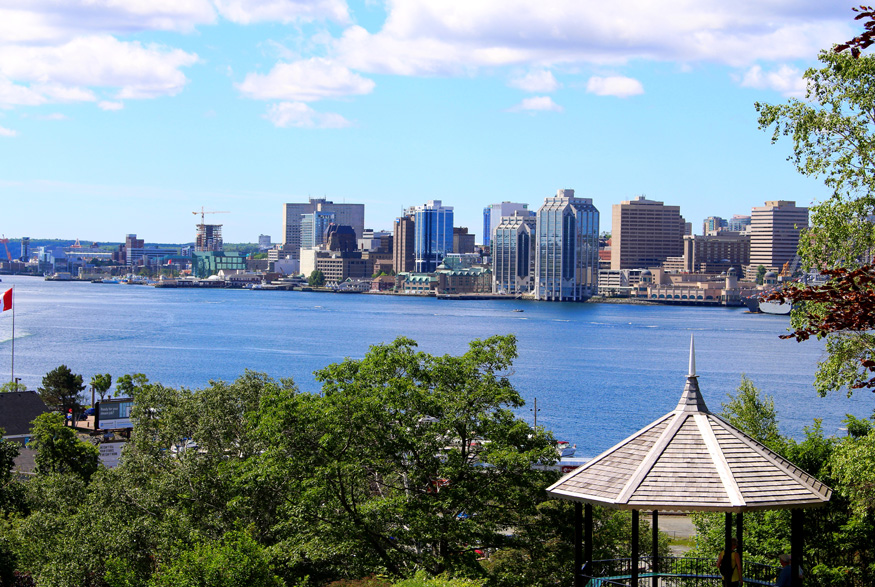
13. Halifax–Dartmouth, NS
In general, it’s not a great idea to buy property in the Maritimes right now, since prices have been falling. A notable exception is the Halifax–Dartmouth area, where the average price was $309,597 in January 2019, up 5.9 per cent from January 2018. Primary industries like mining, forestry and fishing are still big here but the major employers include the Department of National Defence, Dalhousie University, Saint Mary’s University, the Port of Halifax and the Halifax Shipyard.
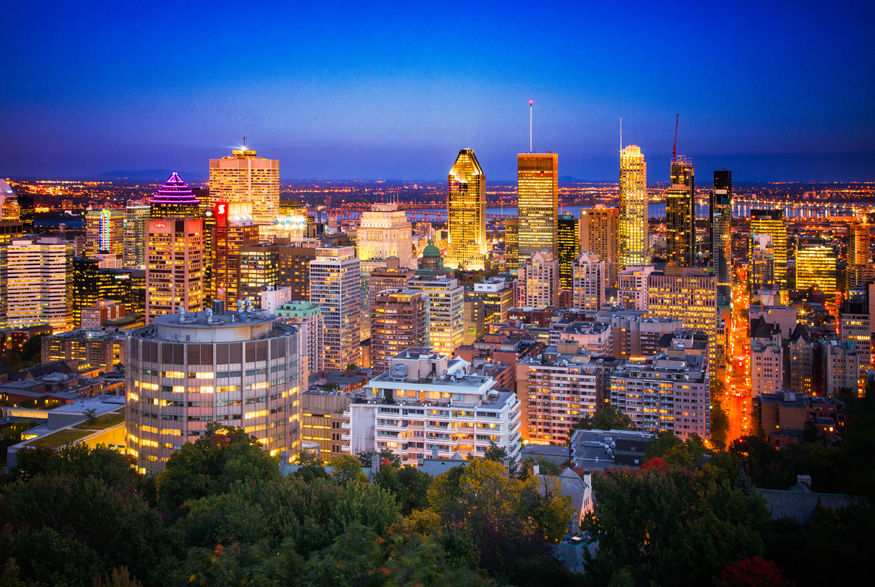
12. Montreal, QC
As one of Canada’s major cities, you’d think it would be ridiculously expensive to buy a home in Montreal. Not so. The MLS HPI benchmark price for property in Montreal was $349,300 in January 2019, up 6.3 per cent from January 2018. If you’re willing to pay more, you can get stunning properties here, such as a cube condo in the famous Habitat 67. Montreal is the Canadian city with the second-largest economy and a wide range of industries, from aerospace to gaming.
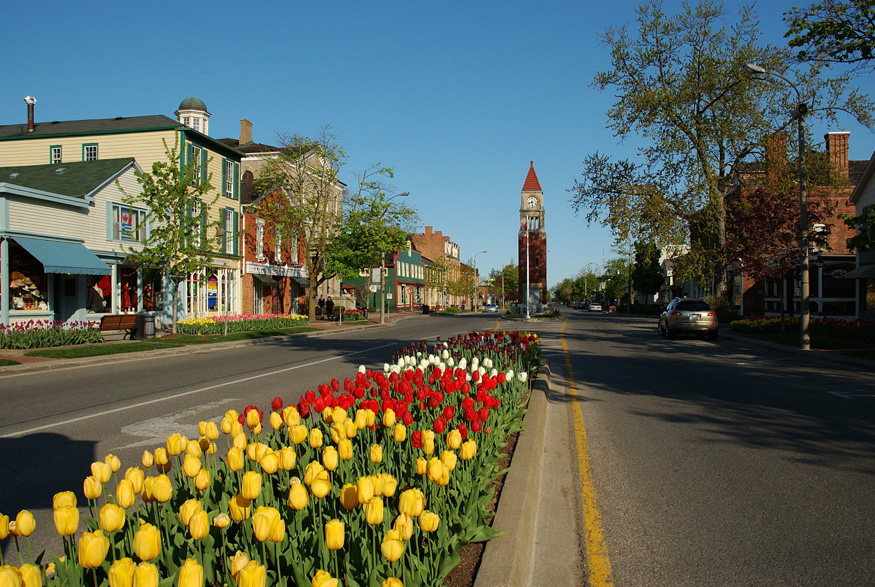
11. Niagara Region, ON
The Niagara Region is a fantastic choice if you’re looking for property that can provide you with an extra income. The MLS HPI benchmark price for property here was $391,300 in January 2019, up 7.1 per cent from January 2018. Agriculture – especially wine production – and tourism are the main industries here, so you can easily rent your property to vacationers. You may want to know about these tips to be a successful Airbnb host, though.
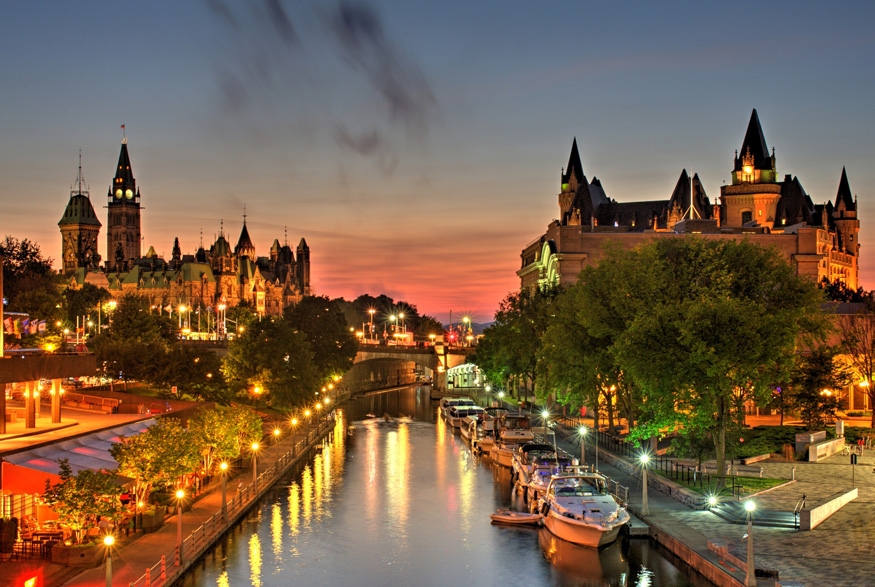
10. Ottawa, ON
The nation’s capital is surprisingly affordable in terms of property prices. The MLS HPI benchmark price for property in Ottawa was $396,300 in January 2019, up 7.1 per cent from January 2018. You may even find a heritage mansion for under $1 million here. Ottawa boasts a very high standard of living and the Federal government is the main employer in the city. Tech, health services and tourism are major employers too.
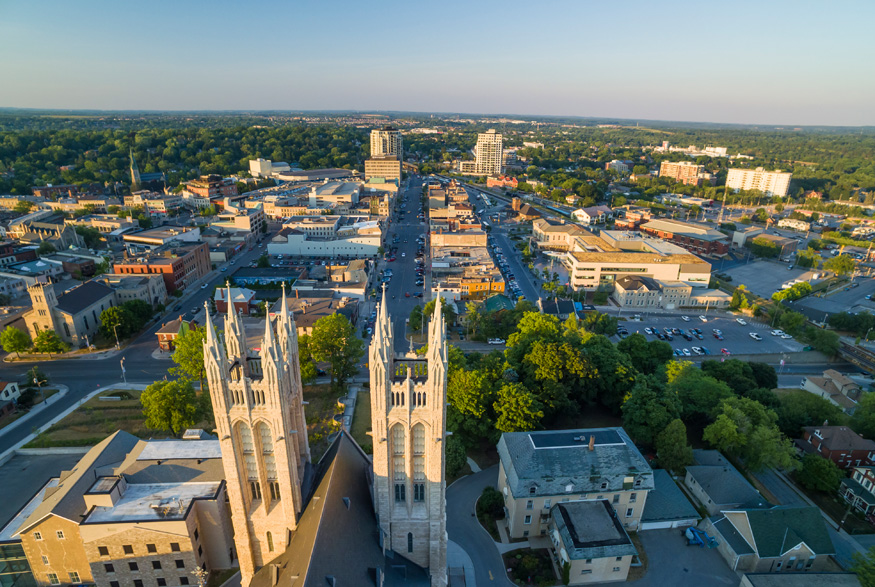
9. Guelph, ON
Guelph may not be the cheapest city for buying property but it’s still much more affordable than nearby Toronto. The MLS HPI benchmark price for property in Guelph was $522,300 in January 2019, up 7.2 per cent from January 2018. The city has a diversified economy and very low unemployment. Manufacturing, agri-food, biotechnology, education and health services are some of the main industries here.

8. Lethbridge, AB
The major cities of the Prairies have seen significant drops in property prices the past year. However, Lethbridge is an exception and is actually one of the most undervalued real estate markets in Canada. In January 2019, the average property price here was $284,559, up 7.6 per cent from January 2018. Traditionally an agricultural centre, Lethbridge now boasts a diversified economy with about half the city’s workforce employed in education, health, retail and hospitality.
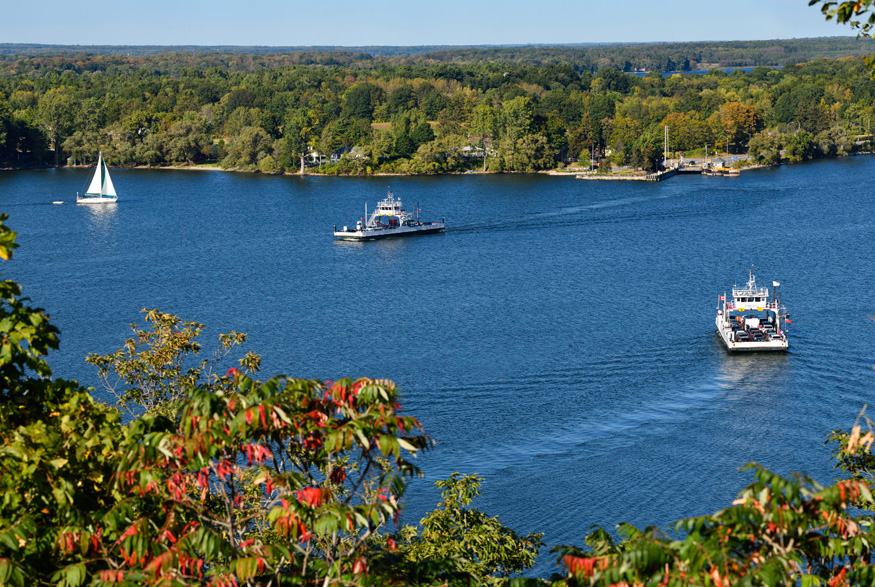
7. Quinte, ON
Quinte, officially the City of Quinte West, is a lovely city on Lake Ontario’s Bay of Quinte. In January 2019, the average property price here was $343,290, up 7.8 per cent from January 2018. The Canadian Armed Forces is the city’s largest employer, with the Royal Canadian Air Force having its largest air base here. The manufacturing sector is a major employer too.

6. Windsor–Essex, ON
The average property price in the Windsor–Essex area was $302,284 in January 2019, up 8.6 per cent from January 2018. Windsor is known as the “Automotive Capital of Canada”, with several automotive companies having plants here. Tourism and hospitality are major employers too. Essex County is home to one of Canada’s largest wind farms.
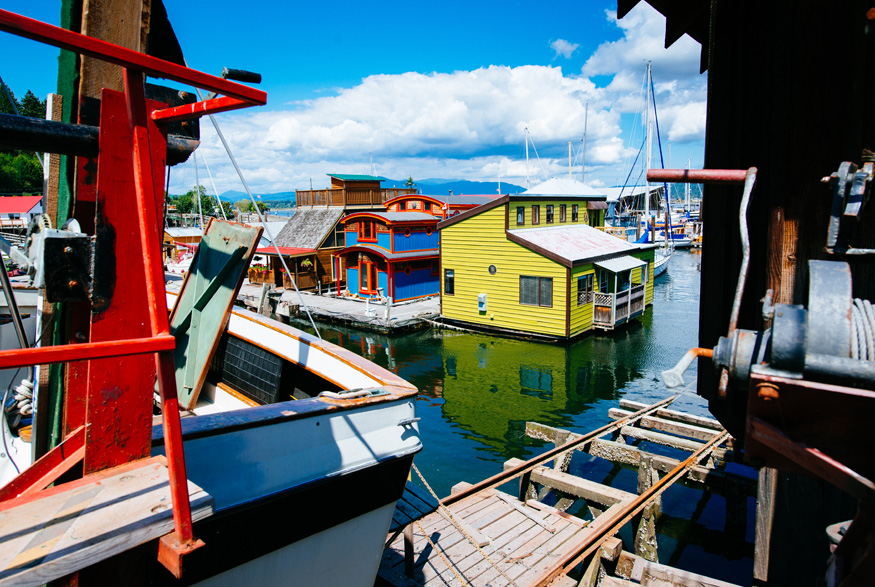
5. Vancouver Island, BC
Vancouver is ridiculously expensive and property prices have shown a decline in the past year. We’ve mentioned Victoria, but another alternative is the rest of Vancouver Island, where the MLS HPI benchmark price in January 2019 was $482,700, up 9.3 per cent from January 2018. If you have money to spare, you may even find a mansion with a river running through it. Logging and fishing are major industries on Vancouver Island but the area’s natural beauty and mild climate means that there are plenty of opportunities in tourism too.
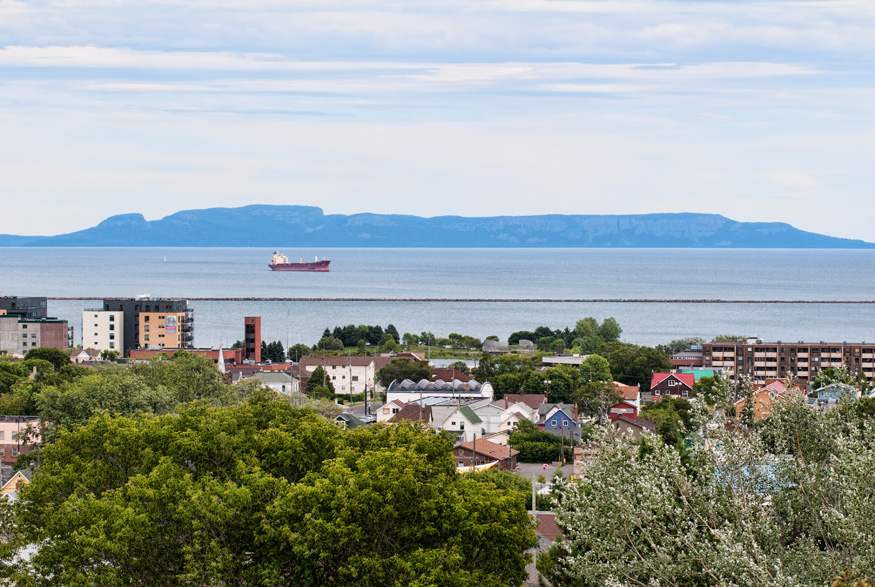
4. Thunder Bay, ON
Property in Thunder Bay is still very cheap, considering the city is the most populous in northwestern Ontario. The average property price here was $238,245 in January 2019, up 11.0 per cent from January 2018. The public sector is Thunder Bay’s largest industry for employment, while the largest private employer is Resolute Forest Products. The city is now also focusing on knowledge-based industries, particularly in genomics and molecular medicine.
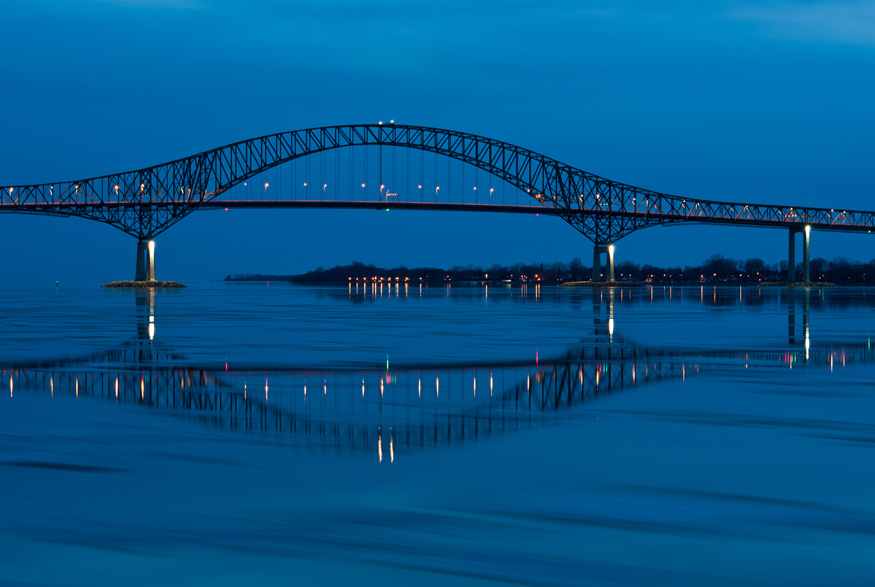
3. Trois-Rivières, QC
If you’re thinking of buying your first home this year, you can’t really go wrong with Trois-Rivières. The average property price here in January 2019 was only $159,497, but this was a great increase of 11.9 per cent from January 2018. Trois-Rivières is the oldest industrial city in Canada and tech and renewable energy are growing industries here.
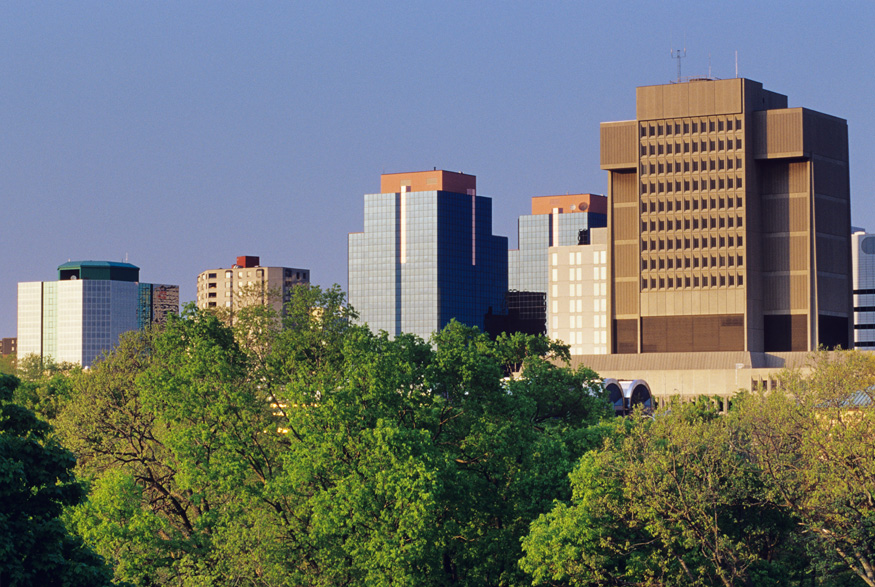
2. London and St. Thomas, ON
In January 2019, the average property price in London and St. Thomas was $384,729 up a good 14.4 per cent from January 2018. While the 2009 economic crash devastated London’s manufacturing sector, the city has now become a tech hub. Medical research is big too, with the London Health Sciences Centre London’s largest employer. Nearby St. Thomas, like London, felt the impact of the 2009 recession but is still home to automotive manufacturing plants.
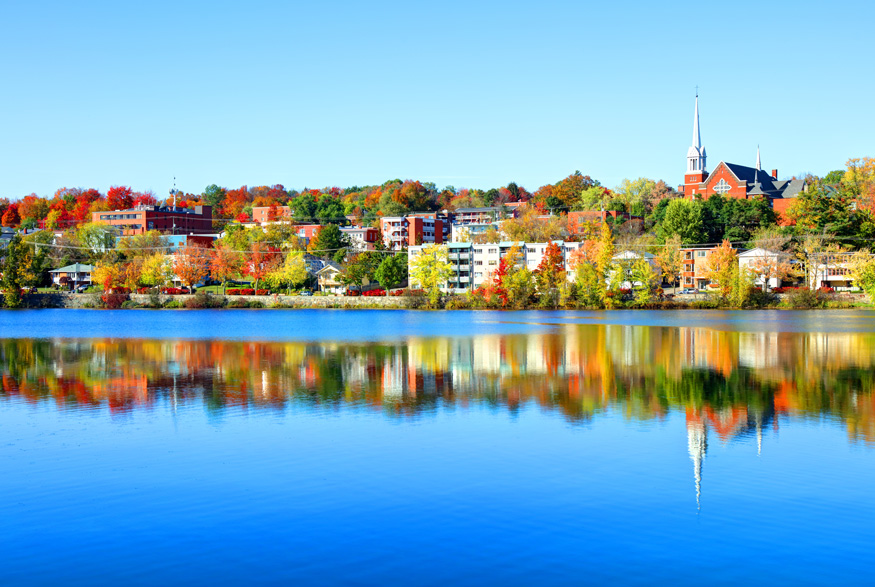
1. Sherbrooke, QC
If you want to invest in a city where property is cheap but will definitely increase in value, Sherbrooke, QC is the best city to buy in Canada this year. The average property price in Sherbrooke was $253,794 in January 2019, up a whopping 22.9 per cent from January 2018. As a university city, Sherbrooke will always have plenty of potential renters: be sure you know these important tips for homeowners looking to rent out their property, though. If you’re considering relocating to Sherbrooke yourself, the city’s universities are the main employers, as are the City of Sherbrooke and the Desjardins Group. You may also want to brush up on your French, since it’s the first language of nearly 90 per cent of Sherbrooke’s inhabitants.
HGTV your inbox.
By clicking "SIGN UP” you agree to receive emails from HGTV and accept Corus' Terms of Use and Corus' Privacy Policy.





